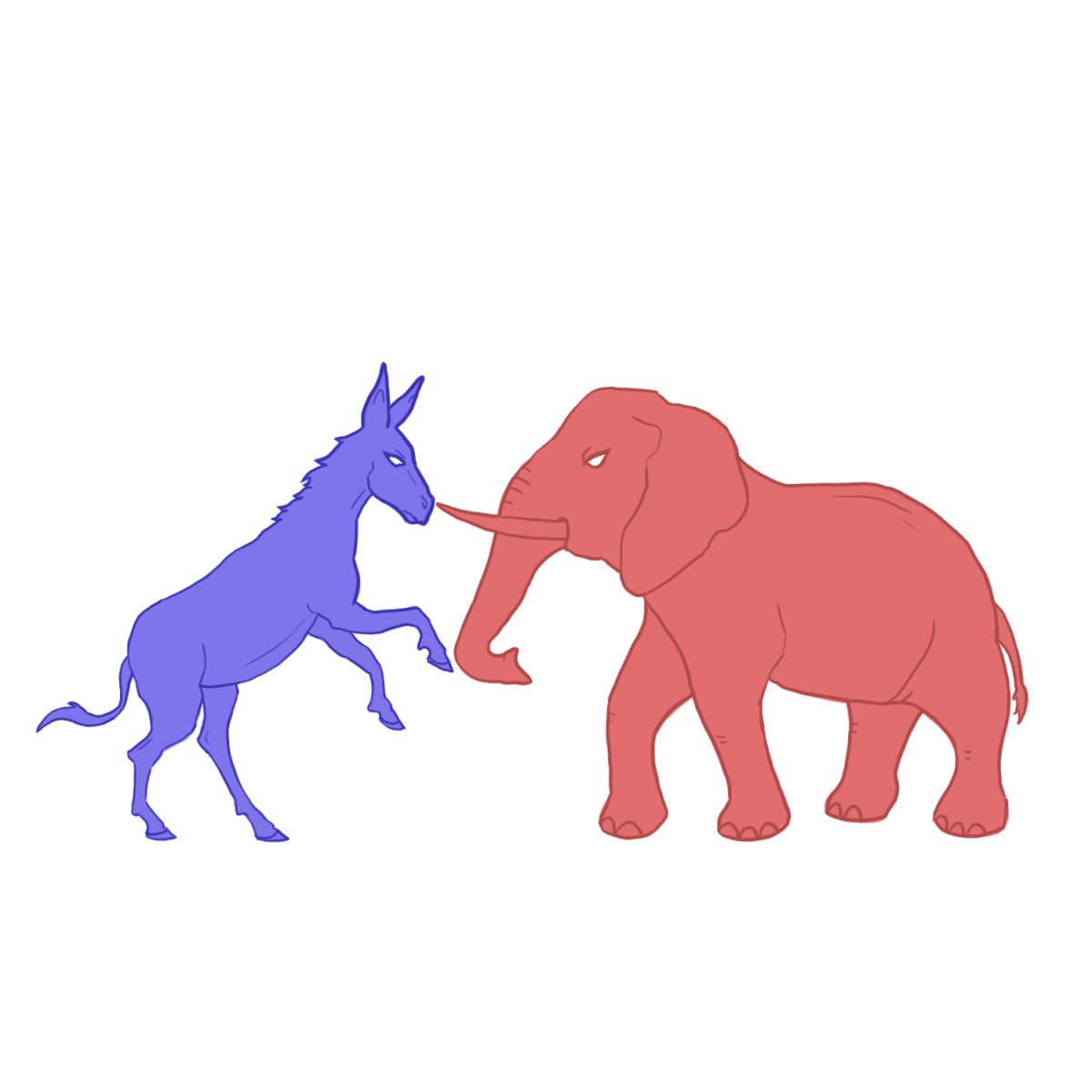In her infancy, America stood as a stronghold for economic liberty, even for those whose goods or services met public disapproval. However, history has shown an unfortunate trend toward singling out groups of producers for political and social persecution. Politically correct lingo dubs certain industries “big” and vilifies those that dare make a profit in that business. The public has heard about big oil, big insurance, big pharmaceuticals and the list goes on. Recently, big tobacco has been the victim of a malicious series of ads deceptively called the “Truth Campaign.”
In 1998, several tobacco companies agreed to fund the American Legacy Foundation as part of a $206 billion legal settlement. The ALF’s goal was to sponsor educational programs designed to reduce youth substance abuse, including an anti-smoking ad campaign. The settlement stipulates that such advertising may not constitute a “vilification of any person (whether by name or business affiliation), company or government agency, whether individually or collectively.”
Unfortunately, any reasonable person who assesses a “Truth” ad can conclude that tobacco companies and their executives are portrayed as villains. One commercial shows teenagers attempting to force tobacco company executives to take a lie detector test, presumably to prove that they sell cigarettes with malicious intent. In a radio ad, a girl says “it’s not cool to screw up your body so some corporate guy in a suit can afford another Lexus.” Such ads are clearly designed to create the impression that smokers are the innocent victims of evil tobacco companies.
Philosophically, the “Truth” ads are flawed because they completely discount the volition of individuals who choose to smoke despite the well-known health risks. The most recent TV ad cites the Virginia Slims slogan “Find your own voice.” It shows a woman who has smoked so many cigarettes that she can only speak through a machine asking in a mechanical voice, “Is this the voice you expected me to find?”
No tobacco company forced that woman to smoke a single cigarette. They did not attempt to brainwash her into believing it was safe or healthy to smoke. In fact, the smoker had to ignore prominently displayed warning labels and tax-inflated prices in order to purchase cigarettes at all. The only crime of which tobacco companies are guilty is offering the product and allowing rational consumers the freedom to decide whether smoking is worth the risk.
No one, least of all the tobacco industry, pretends that smoking is healthy. Philip Morris has even launched its own ad campaign, in addition to the “Truth” ads it is already funding, designed to inform audiences of the dangers of smoking. According to The Associated Press, these commercials and other voluntary health initiatives cost Philip Morris more than $125 million annually.
In an interview in March, an ALF spokesperson said, “It should be clear that teens don’t start smoking because they’re stupid ? but look what they’re up against (multibillion-dollar corporations with teens ? their tender lungs, fat wallets and all ? in their crosshairs) is simply massive. Teens can’t be expected to educate themselves against this sophisticated machinery. They need to be informed.”
However, according to the 2002 ImpactTEEN study, “Truth” ads are not primarily designed to educate or inform their target youth audience but rather to elicit emotional responses like fear and anger that will discourage teens from smoking.
The “Truth” ads presuppose that teens are incapable of thinking rationally and independently. They suggest that young people cannot resist cigarette ads and make a responsible decision unless they are provided with emotional conditioning from a trendy source.
It is not the function of any company to assume the role of a parent and actively prevent consumers from engaging in unhealthy behavior. As long as a company informs its customers of the potential risks associated with using a product, it has fulfilled its moral obligation.
Novelist Ayn Rand said, “Independence is the recognition of the fact that yours is the responsibility of judgment, and nothing can help you escape it.” A free society demands the responsibility for choosing whether or not to smoke, and accepting consequences of that decision rest solely with the individual.
Truth campaign puts consumers’ responsibility on corporations
November 23, 2004
0
Donate to The Battalion
$2065
$5000
Contributed
Our Goal
Your donation will support the student journalists of Texas A&M University - College Station. Your contribution will allow us to purchase equipment and cover our annual website hosting costs, in addition to paying freelance staffers for their work, travel costs for coverage and more!
More to Discover








